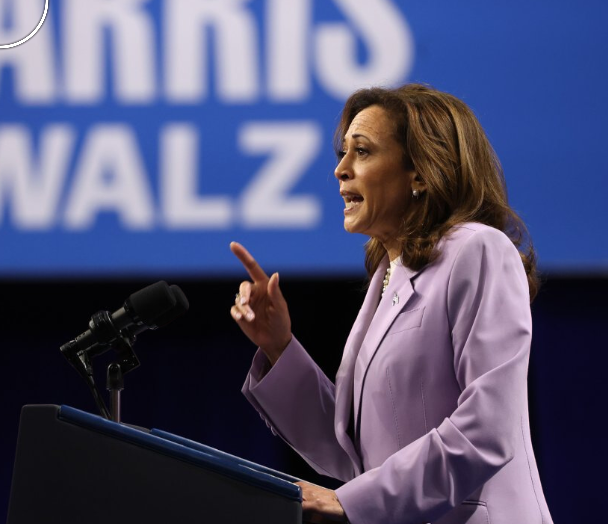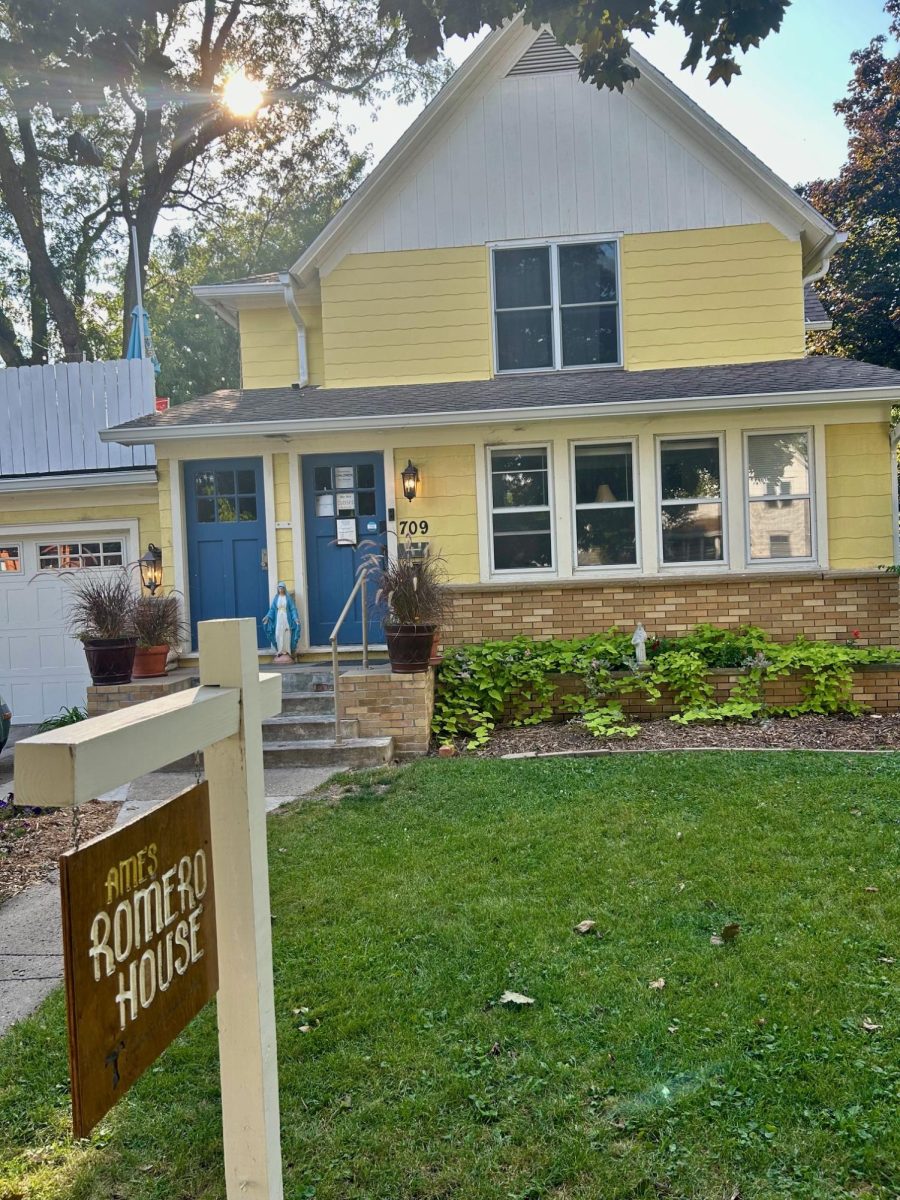This yearâs compelling, intriguing, and historic battle for the Democratic partyâs presidential nomination will eventually end with a lone victor. Among the defeated may be democracy itself. The spotlight generated by the exciting and intense race between Hillary Clinton and Barack Obama has exposed glaring weaknesses in the Deomcratic partyâs complex nomination process. The biggest problem is the very real possibility that neither candidate will win enough delegates to gain the partyâs presidential nomination by the time the party convention commences in Denver this August. Two solutions have received media coverage recently to resolve this dilemma: a vote among âsuperdelegatesâ or allowing previously banned states such as Florida and Michigan into the nomination process. While these answers may provide a numerical solution to the problem, both proposals compromise the very democratic principles on which our nation was founded. I will first discuss the superdelegate proposal. In this scenario, a draw between Clinton and Obama would be settled by a vote among 794 superdelegates. These are are distinguished members of the Democratic party, such as former presidents, members of Congress, or representatives of state conventions. The votes of these 794 individuals make up 20% of the nomination process compared to 80% for the rest of the nationâs Democrats. The problem with the superdelegate tiebreaker is that the votes of the superdelegates greatly outweigh those of the average Democratic party member. So much for equality. Given the current standings (Obama is slightly ahead in delegates and Clinton ahead in superdelegates), the superdelegates could throw out the peopleâs choice, Obama, in favor of Clinton. Disregarding public opinion is no way to run a government, and is certainly not how a democratic election should be conducted. Perhaps out of fear for this messy superdelegate scenario, Democratic party leaders have proposed reinstating delegates to the states of Florida and Michigan. The states were previously stripped of their delegates after moving their primary dates closer to the start of the nomination process in violation of national party rules. This decision eliminated 366 delegates from the nomination process in order to control the scheduling of primaries. Now that Clinton and Obama are deadlocked deep into the nominating process, the campaigns and the national party are considering anything that would settle the score. This includes reinstating delegates to the disenfranchised states of Florida and Michigan. How to go about doing such a thing has produced a number of answers. First of all, would the results stand from their original primary or would they have a revote? The Clinton campaign is lobbying to keep the previous resultsâObama protested the primaries due to their defiance of Democratic Party rules, and did not even appear on the ballot in Michigan. Clinton won both states handily. Obamaâs campaign has proposed that the delegates could be counted, but not based on any sort of vote. They propose the delegates be split 50-50 between Clinton and Obama. Obviously, this would give neither candidate an advantage in these states, but it would allow Obama to inch closer to the nomination without losing any ground to Clinton. Allowing a candidate to clinch the nomination with a boost from delegates that were not even voted-in hardly seems democratic either. What about a revote? Forget about itâno one is willing to foot the bill. The Democratic Party has displayed little reason in dealing with the nomination controversy. In the end, a worthy candidate will win the nomination, but at what cost? We can only hope it is not democracy itself.
Categories:
Democrats must stop killing democracy
SAMUEL SOPHUS BIRD
•
April 15, 2008
Story continues below advertisement
0
Donate to The WEB
$150
$450
Contributed
Our Goal
Your donation will support the student journalists of Ames High School, and Iowa needs student journalists. Your contribution will allow us to cover our annual website hosting costs.
























